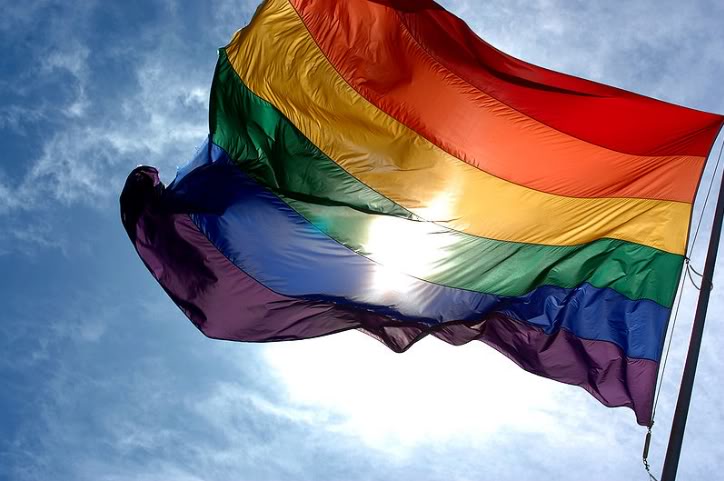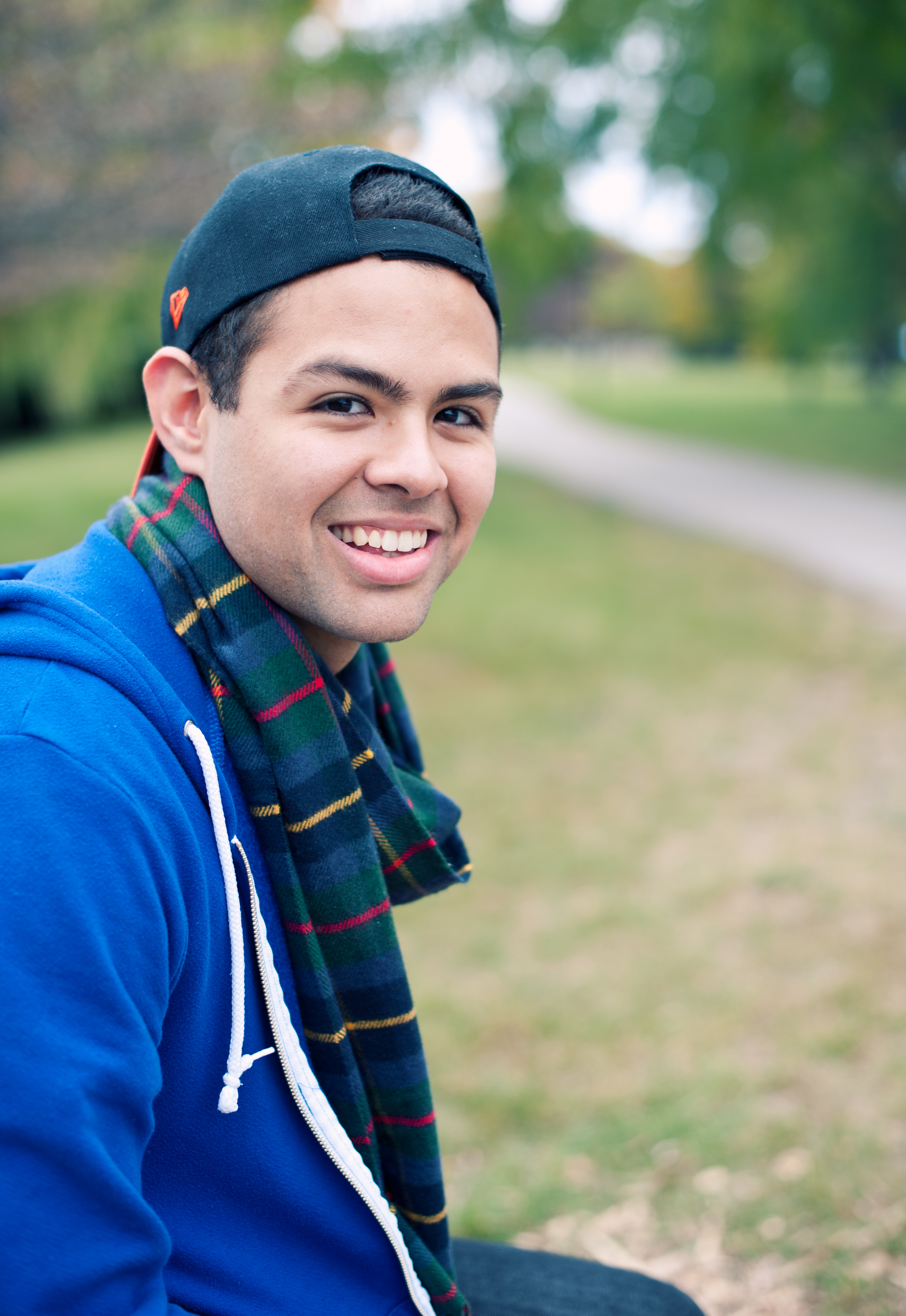The focus of many gay rights advocates is on the West Coast to gauge whether a new California law banning therapy to change the sexual orientation of youth will have cascading effect across the country.
The law, which blocks so-called reparative therapy for minors, takes effect with the new year and was hailed as a first of its kind in the United States and a milestone for the gay rights movement. It is already facing legal challenges even as states, including New Jersey, consider similar legislation.
 “This bill bans nonscientific ‘therapies’ that have driven young people to depression and suicide,” according to a tweet from California’s Gov. Jerry Brown, a Democrat who inked the bill late last week. “These practices have no basis in science or medicine, and they will now be relegated to the dustbin of quackery.”
“This bill bans nonscientific ‘therapies’ that have driven young people to depression and suicide,” according to a tweet from California’s Gov. Jerry Brown, a Democrat who inked the bill late last week. “These practices have no basis in science or medicine, and they will now be relegated to the dustbin of quackery.”
Starting Jan. 1, mental health providers will be banned from giving “reparative” therapy to children under 18 designed to alter or reverse “behaviors or gender expressions,” or “sexual or romantic attractions or feelings toward individuals of the same sex.” The law is backed by many medical and psychological societies, in addition to gay rights groups across the nation.
“It’s a fraud science,” said Anthony Martinez, director of The Civil Rights Agenda, a gay advocacy group based in Chicago. “We’ve seen from all the different studies that there are no benefits and it doesn’t work. You can’t change someone’s sexual orientation.”
The ban came days after another law helping gay youth in foster care was passed in California. That law requires training programs for foster caregivers to include LGBT-friendly practices and cultural competency.
A coalition of medical groups, including the American Psychological Association and the American Academy of Pediatrics, said in a recent report that reparative therapy and other therapeutic efforts to change sexual orientation is harmful because, “they present the view that the sexual orientation of lesbian, gay, and bisexual youth is a mental illness or disorder, and they often frame the inability to change one’s sexual orientation as a personal and moral failure.”
Anxiety, depression, and self-destructive behavior are risks of reparative therapy, according to the American Psychiatric Association, which publishes the standard-setting Diagnostic and Statistical Manual of Mental Disorders.
The report also noted that no mainstream health or mental health professional organization considers homosexuality as abnormal or unhealthy, making reparative therapists a minority.
Take the case of Yando Lopez. He came out to his parents at age 14, and very quickly he was taken to a psychologist on the parents’ hope that he was only confused and could resolve his gay feelings through therapy.
very quickly he was taken to a psychologist on the parents’ hope that he was only confused and could resolve his gay feelings through therapy.
During weekly sessions that went on for just over a month, Lopez said he would have to talk about girls he had seen and what he liked about them. The psychologist would give him “homework” that involved looking only at girls and ignoring his attraction to guys.
Eventually, he managed to convince himself he wasn’t gay, and for a year he thought the therapy worked, but soon he began to struggle, turning to prayer, among other things, to cope.
“I wanted to be fixed for my parents,” Lopez said. “I told my parents that I was wrong [about being gay], but then over the years I realized I wasn’t wrong.”
Lopez said his experience with therapy only put enormous pressure on him throughout his teenage years and contributed to suicidal thoughts. It wasn’t until Lopez had his first partner at age 20 that he accepted being gay and came out to his parents a second time – this time to a warm reception.
“When I stopped fighting it,” Lopez said, “I realized that you know I must have been made this way, and no one had fought harder than I had to change that and it hadn’t worked.”
But some supporters of reparative therapy maintain that it works, and that banning it is unconstitutional.
David Pickup, a California-based spokesman for the National Association for Research and Therapy of Homosexuality, the flagship group of reparative therapists, said the ban would prevent young people who want help curbing their homosexuality from getting it.
Pickup said reparative therapy helps people overcome same-sex attraction, which he argues is rooted in emotional or physical abuse and is not inborn. He said that while therapy cannot completely eliminate homosexuality, it can maximize a patient’s “heterosexual potential.”
Pickup underwent reparative therapy himself and currently administers it to his own patients, including two teens.
“Reparative therapy helps a boy or a man resolve or heal those issues,” Pickup said. “[With treatment], homosexual feelings tend to lessen or dissipate.”
Two Christian legal groups, one of which is representing Pickup’s group, filed federal lawsuits this week challenging the law, claiming it violates constitutional rights to free speech, religious freedom and privacy.
Lawmakers in New Jersey are drafting legislation similar to California’s, and groups that helped pass the law in California are collaborating with legislators in other states as well, said Wayne Besen, the director of the gay advocacy group Truth Wins Out.
“This ban is going to set the stage to ban reparative therapy across the country,” he said.
There are currently no plans to introduce a similar bill in Illinois, said Greg Harris, a state representative and one of three openly gay members of the Illinois General Assembly.
He said LGBT advocates focused on other issues this year, including an anti-bullying bill that was struck down in the state Senate amid concerns that it was pro-gay, and gay marriage.
Oliver Ortega is a reporter for The Chicago Bureau.
Photo of Yando Lopez by Brennan Anderson.































